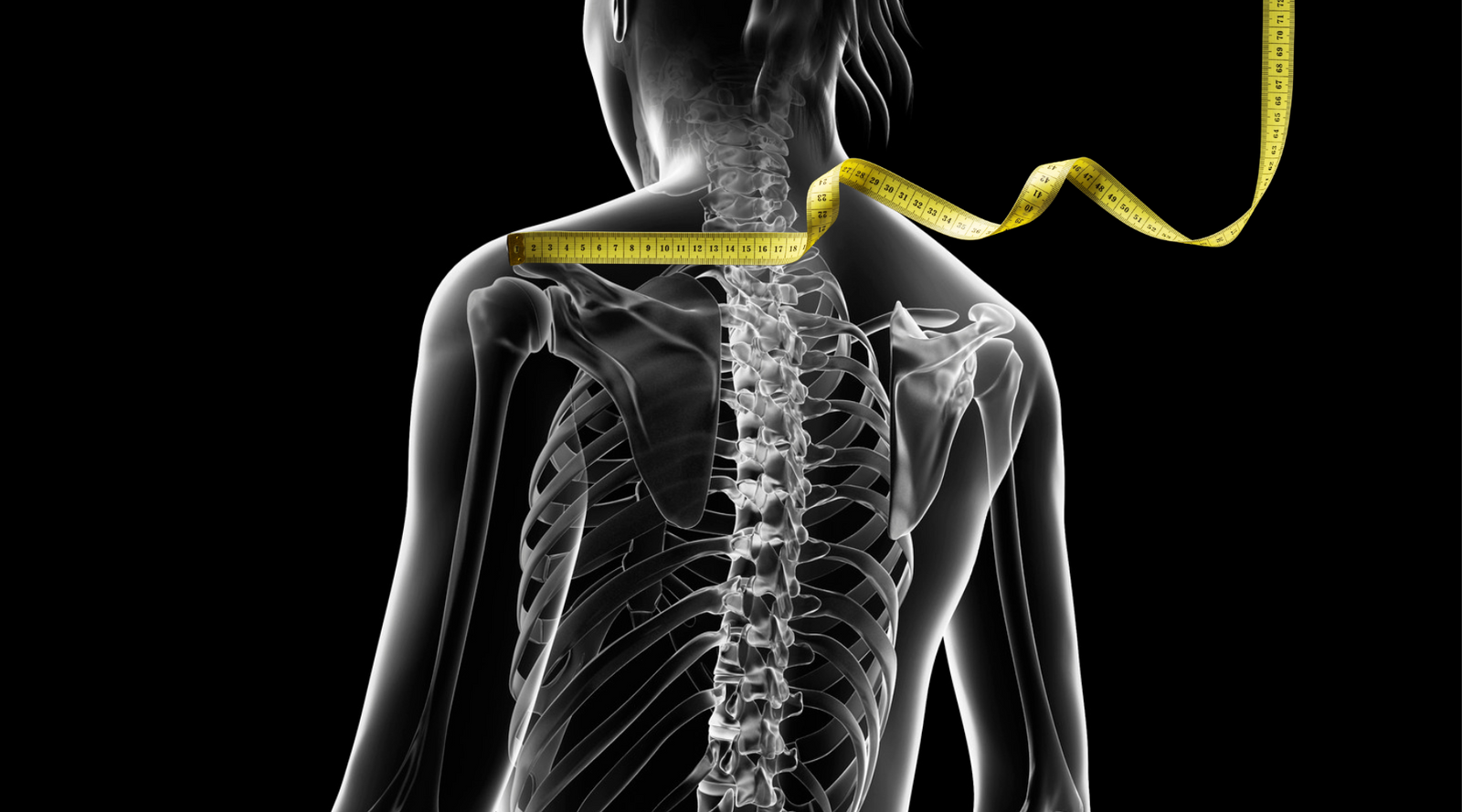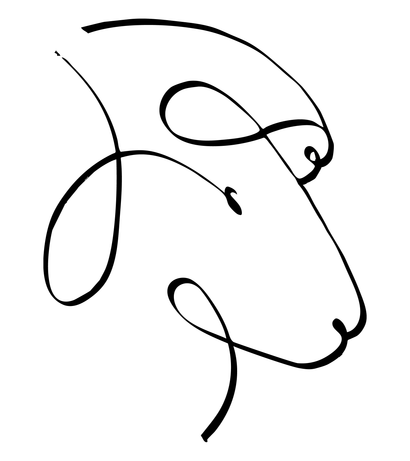Free shipping on all domestic orders over $150
Free shipping on all domestic orders over $150
Shop
Add description, images, menus and links to your mega menu
A column with no settings can be used as a spacer
Link to your collections, sales and even external links
Add up to five columns
Add description, images, menus and links to your mega menu
A column with no settings can be used as a spacer
Link to your collections, sales and even external links
Add up to five columns

Why Shoulder Width Matters in Sweater Design: Avoiding Common Fit Mistakes
September 02, 2024 4 min read 1 Comment
You know I am a fanatic about sweater fit. There’s nothing more frustrating than knitting a beautiful sweater and finishing it perfectly only to find out that it doesn’t fit the way we like. There are lots of components that go into sweater fit, but today I want to talk about shoulders.
For the past few years we’ve seen a lot of oversized dropped shoulder sweaters where shoulder fit doesn’t matter at all. Same with yoke sweaters and raglans. But lately we’ve seen set-in sleeve sweaters making a major comeback, and in this style of sweater, shoulder fit is everything.
Have you ever worn a sweater, tee shirt, or any other garment with a set-in sleeve where the shoulder line hangs down onto your upper arm? I’m sure you have. I know I have.
Understanding Shoulder Width: A Skeletal Measurement
Why does this happen?
First, it’s important to understand the shoulder width measurement.
Shoulder width is a skeletal measurement, meaning it’s based on the length of your bones rather than the shape or size of your body. Regardless of whether you have a slim frame, are very muscular, or carry a bit more softness, your shoulder width is likely to be similar.
When sizing up, many knitting patterns assume that every measurement increases proportionally, but that’s not the case. If you look at the CYCA body measurement standards, you'll see that for a woman's XL (Bust 44"-46") they have the shoulder width of 17.5" In fact, women’s shoulder bone measurements fall somewhere between 14 and 15 inches, no matter their overall size. Just because you're an XL doesn't mean your bones are longer. It just means there are more curves on your bones. I shudder to think how wide their shoulder measurements are on size-inclusive patterns.
Your sweater doesn't need wider shoulders
It needs larger sleeve caps.
If you're a curvy gal--ether curvy everywhere or just in the bust--you've probably had trouble getting a good fit on set-in sleeve garments. I would be willing to bet that every set-in sleeve sweater you've ever knit has hung down off your shoulder and over the top of your arm.
That's not how a set-in sleeve should fit
The shoulder of a set-in sleeve garment should end just at the end of your shoulder bone. The rest of the fabric from the end of your shoulder bone to the outside of your upper arm comes from your sleeve cap.
After having knit sweaters for more than 40 years and having helped literally hundreds of women learn to knit sweaters that fit perfectly, I can tell you that this is true. It is not a widely know fact in the knitting community, and it would be an uphill battle to change the CYCA standards and the way that designers do things, but you can use this knowledge to help you make sweaters that actually fit.
The Susan Shell: A Case Study in Shoulder Width
For the Susan Tank, Ginni and I were very thoughtful about shoulder measurements, making sure the design would fit beautifully across a range of sizes.
We talked a lot about how shoulder width would influence the overall fit and feel of the Susan Shell. For this design, she wanted a narrower shoulder line that created a slight angle from armhole to shoulder for a flattering style. Each size has roughly the same finished shoulder measurement, for a flattering shoulder line for every knitter.
Remember this though: Sweaters (including the Susan Shell) are designed to a set of standards that no one actually has, and it’s essential that you adjust every pattern to fit your measurements and preferences.
Tips for Knitters: How to Ensure a Proper Shoulder Fit
To get a proper shoulder fit on set-in sleeve pullover sweaters, here are some pro tips:
- Measure your shoulder width: Use a tape measure to measure across the back from the edge of one shoulder bone to the other. Your measurement should be around 14 ½ ” (as I said, the average shoulder width of a female skeleton is 14.4” and the average shoulder width of a male skeleton is just over 16”).
- Check the pattern: Review the measurements of the pattern you’re knitting to see if the shoulder width is right for you.
- Adjust patterns if needed: If the finished shoulder width in a pattern doesn’t match your measurement, you should continue armhole decreases until you have the right number of stitches for the width you want your garment's shoulder to be.
For cardigans, jackets, and very bulky knits, you might want a little extra ease in the shoulder (as well as armhole depth and sleeve cap), so be mindful of that as you adjust.
The bottom line is that a good shoulder fit is crucial for your set-in sleeve sweater to look its best and for you to feel fabulous, so it’s worth the time to figure it out and get it right.
I’d love to hear your thoughts in the comments.
Warmly,
Ellen
ps
If you’re ready to give it a try, check out the Susan Shell pattern here.
If this kind of thing is exactly what you want to learn, then Club Crazy for Ewe is where you need to be. Inside, you’ll learn all about sweater fit, finishing, and more. Club Crazy for Ewe is where you learn to knit sweaters that fit perfectly and look great every time. Sign up for the waitlist here.


rb81
September 14, 2024
Great post! A question: If you have broad shoulders, could you visually make them a bit narrower by knitting to a slightly narrower shoulder measurement than you have and compensate that by making your arms a bit longer? I have (by mistake and without the longer arms) done that and actually I quite like it… But maybe it is only this particular design… What do you think about this in general?